News
Read all the latest news from the Medicines for Children team
Filter by...
-
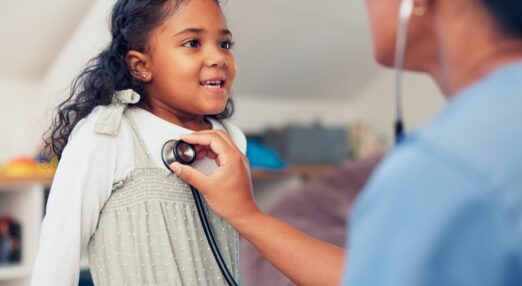
New information available on cardiac medicines
Families of children with heart conditions will now have access to clearer, more reliable information about their medicines, thanks to a new collaboration between Medicines for Children and the children's pharmacists who make up the Specialist Interest Group (SIG) for Cardiac Medicines, part of the Neonatal and Paediatric Pharmacists Group (NPPG).
Read more
-

Help protect your child from flu this winter – advice from the RCPCH
As the colder months set in, flu season is upon us - and protecting our children has never been more important. Flu can make children very unwell and, in some cases, lead to serious complications. The Royal College of Paediatrics and Child Health (RCPCH) has created a helpful factsheet to guide parents and carers on how to keep children safe this winter.
Read more
-

Medicines for Children to be included on a new medical knowledge platform
Medicines for Children is delighted to be included on the Eolas digital platform, designed for health professionals to manage and share clinical knowledge and resources. Through this partnership, Eolas will signpost healthcare professionals to Medicines for Children, making it simpler for clinicians to share our medicines leaflets with parents and carers.
Read more
-
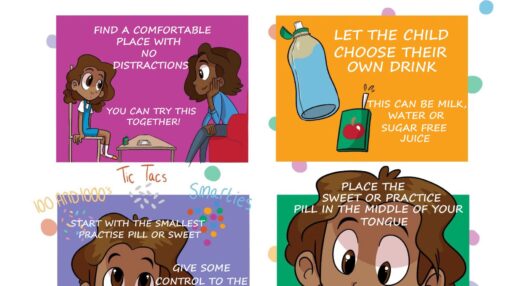
Helping your child to swallow tablets – new resources from Kidzmed
Being able to swallow tablets is an important life skill that children need to learn. The Kidzmed programme has developed a guide to help children and young people learn to swallow tablets using six simple steps.
Read more
-
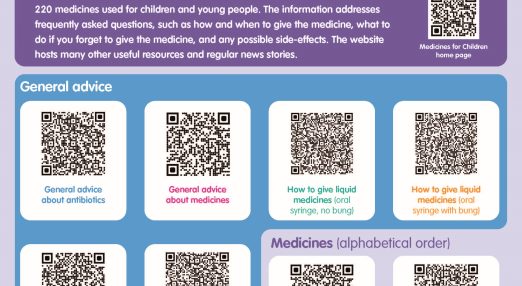
QR code posters
Medicines for Children now offers a series of 'QR code posters' to enable quick access to our medicines information. These posters are available to download and print out to display in clinic or hospital settings.
Read more
-
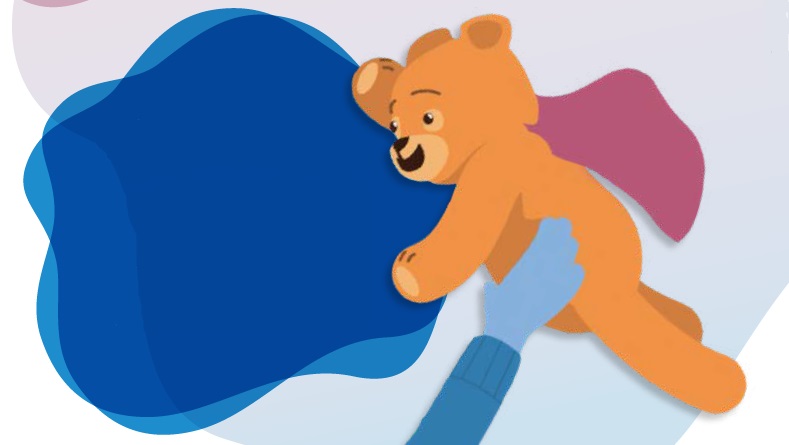
Benji the bear talks about drooling
Drooling is a common problem in children with cerebral palsy and other conditions that affect the nerves and muscles in the mouth. Drooling can be distressing for children and their families; however treatments are available. Medically, drooling is known as sialorrhoea.
Read more
-

Medicines for Children’s 2024 highlights
2024 was another busy and productive year for the Medicines for Children team. As we look ahead to 2025, it is important to reflect on some of the main achievements from the last 12 months, and to take this opportunity to thank the healthcare professionals and families who gave up their time and expertise to help us to develop new materials for the website.
Read more
-
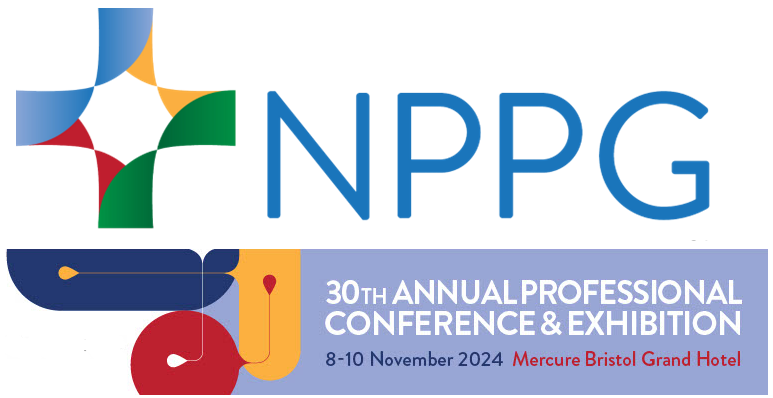
Celebrating 30 years of our programme partner, the NPPG
The Medicines for Children team were invited to meet the paediatric pharmacists and technicians from the Neonatal and Paediatric Pharmacy Group at their 30th annual conference in November 2024. The NPPG is a valued partner of Medicines for Children since the programme started back in 2006.
Read more
-

Introducing new acknowledgment certificates for developing medicines information
Medicines for Children has introduced official letters of acknowledgment for health professionals contributing to our medicine information leaflets for families. These documents can be used as evidence for personal development portfolios or CPD. This initiative seeks to support contributors who volunteer their time to Medicines for Children, ensuring more families receive clear and accurate information on their children's medicines. Backdated certificates are offered to those who have participated previously.
Read more
-

Concerns raised about overuse of ‘PPIs’ in babies
Research published over the summer raised concerns that some babies may be receiving unnecessary treatment for regurgitation (reflux) using a type of medicine called proton pump inhibitors, shortened to PPIs. These include omeprazole, esomeprazole and lansoprazole. This Medicines for Children news item explains what PPIs are and whether they are helpful in babies.
Read more
-

New advice to address safety concerns when using clonidine patches for dystonia
New guidance has been issued to address safety concerns regarding the use of clonidine patches for children with dystonia, emphasising proper patch application and the importance of following dosing instructions. Parents are advised to ensure patches are applied correctly and have a backup plan for switching to liquid medicine if patches are unavailable due to supply issues.
Read more
-

Supporting the work of Medicines for Children
Please help us to continue our important work supporting parents, carers and families with paediatric medicines information they can trust.
Read more
